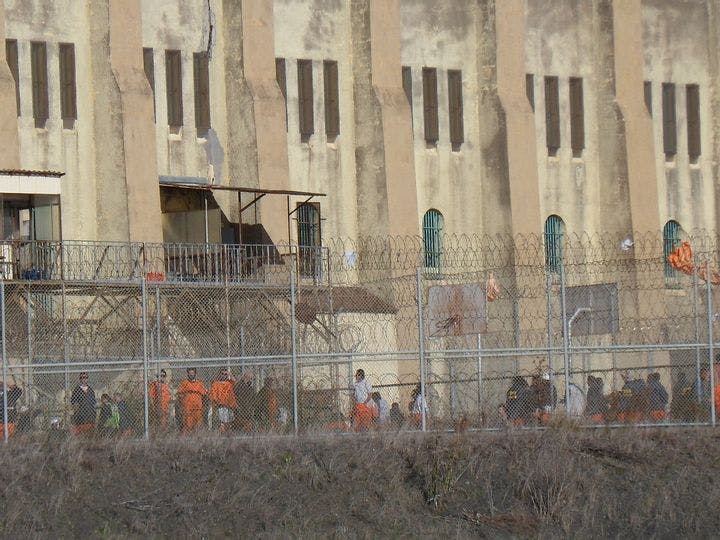Summer 2012
Why Felons Can't Vote
– The Wilson Quarterly
How does the 14th Amendment figure into all of this?
One of the ironies of history is that an argument that got black men the vote is now an instrument for taking it away. Americans barred from voting because of their criminal record now total more than five million, a number that includes an estimated 13 percent of African-American men, according to the Sentencing Project.
Advocates looking to reduce or eradicate criminal disenfranchisement often home in on an obscure section of the Fourteenth Amendment (1868), one of the three civil rights amendments ratified during Reconstruction. They claim that incorrect or overly broad interpretations of the provision have unjustly denied voting rights to many Americans. Richard M. Re and Christopher M. Re, recent graduates of Yale Law School and Stanford Law School, respectively, argue that they’re wrong. The Fourteenth Amendment was explicitly intended to authorize criminal disenfranchisement, albeit only for serious crimes.
The Fourteenth Amendment extended citizenship and equal protection under the law to former slaves. Drafted when there was insufficient political support for explicit constitutional affirmation of black male suffrage, the amendment requires that states lose congressional representation in proportion to the number of eligible men they bar from voting. Yet it allows states to disenfranchise men guilty of “rebellion, or other crime.” Those words were the work of the radical Republicans who dominated Congress, the authors write. Representatives such as William Loughridge of Iowa and John Bingham of Ohio took inspiration from the philosophy of formal equality, which characterized “persons by their actions and not by their station.” The Republicans cited black men’s service in the Union Army as evidence that they deserved the right to vote. The flip side was that wrongdoers would have to forfeit that right.
Criminal disenfranchisement was widely accepted by lawmakers on this basis, but the punishment was intended to apply only to people convicted of serious crimes, such as felonies, the authors argue. The federal Reconstruction acts that established interim military governments in the South even specified that disenfranchisement was permitted only in felony cases.
Some have argued that the Fifteenth Amendment (1870), which guaranteed the voting rights of black men, implicitly repealed the disenfranchisement provisions of the Fourteenth. That’s too much of a stretch, the authors say, noting that both amendments were the handiwork of pro-disenfranchisement Republicans. The Supreme Court also ruled that the Fourteenth Amendment contained an “affirmative sanction” on criminal disenfranchisement in a 1974 decision.
A few states have used the vagueness of the “other crime” formulation to disenfranchise citizens convicted of relatively minor offenses, such as misdemeanors. These practices go beyond anything intended by the framers of the Fourteenth Amendment.
THE SOURCE: “Voting and Vice: Criminal Disenfranchisement and the Reconstruction Amendments” by Richard M. Re and Christopher M. Re. The Yale Law Journal, May 2012.
Photo courtesy of Wikimedia Commons
